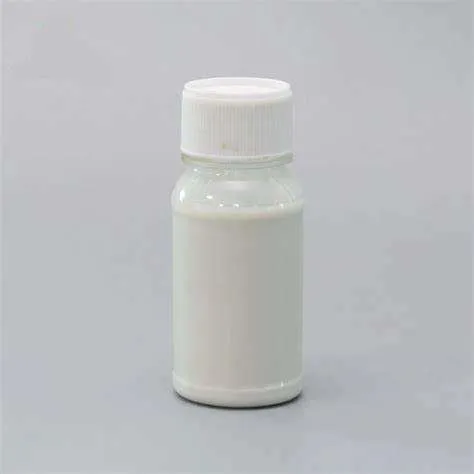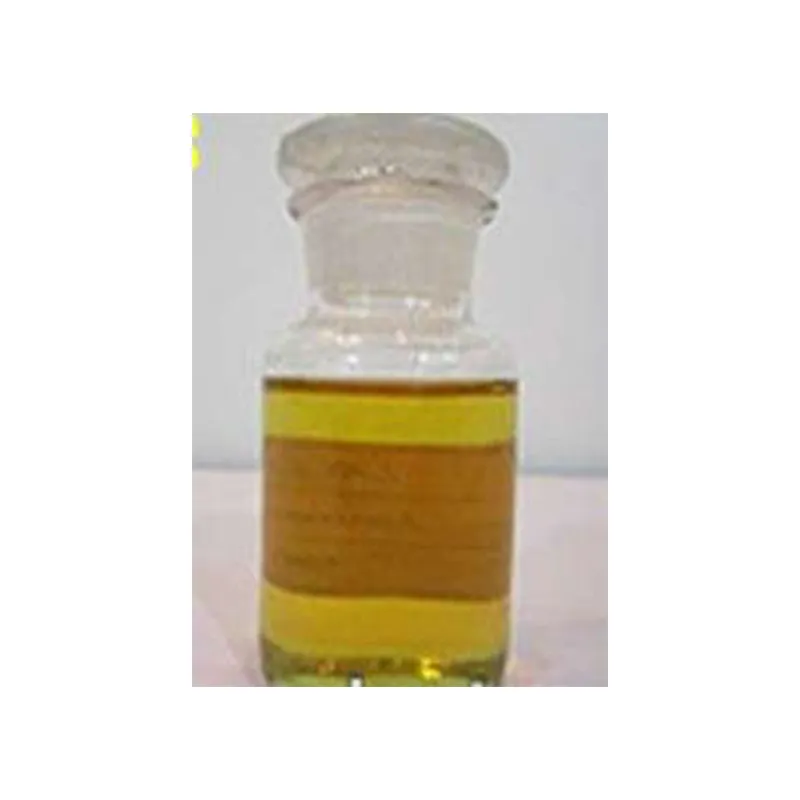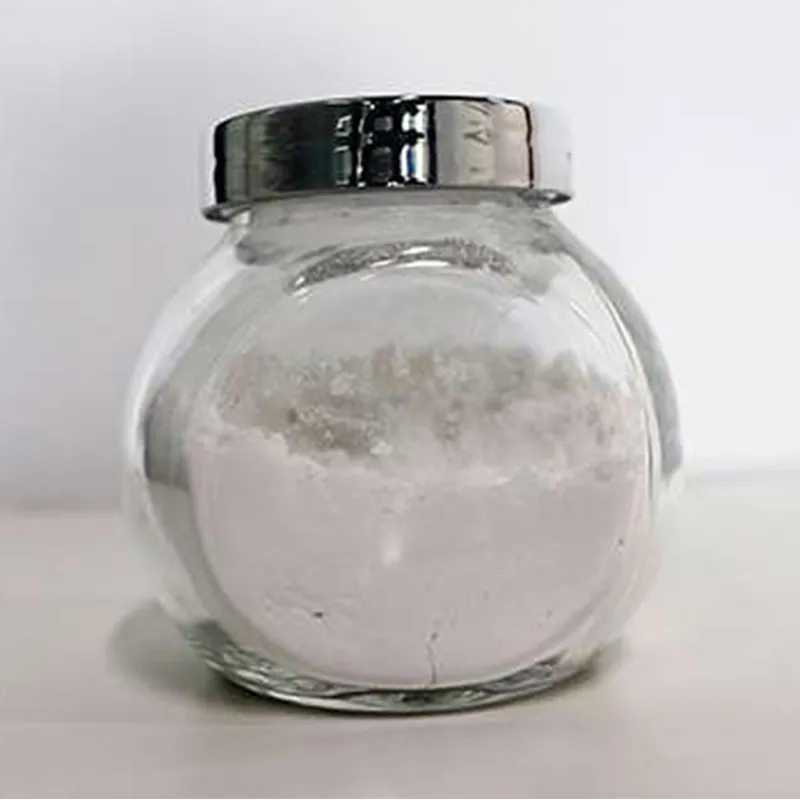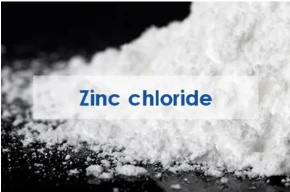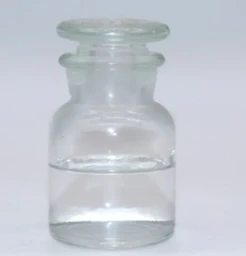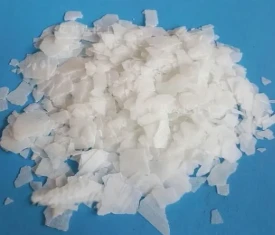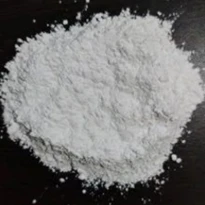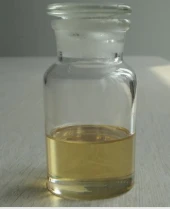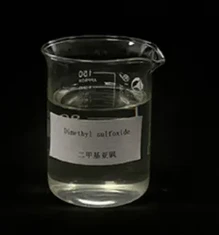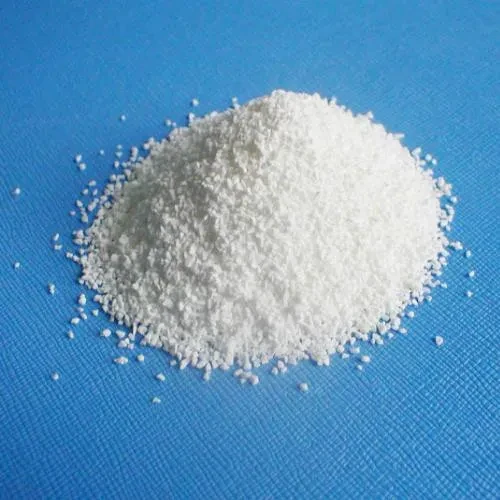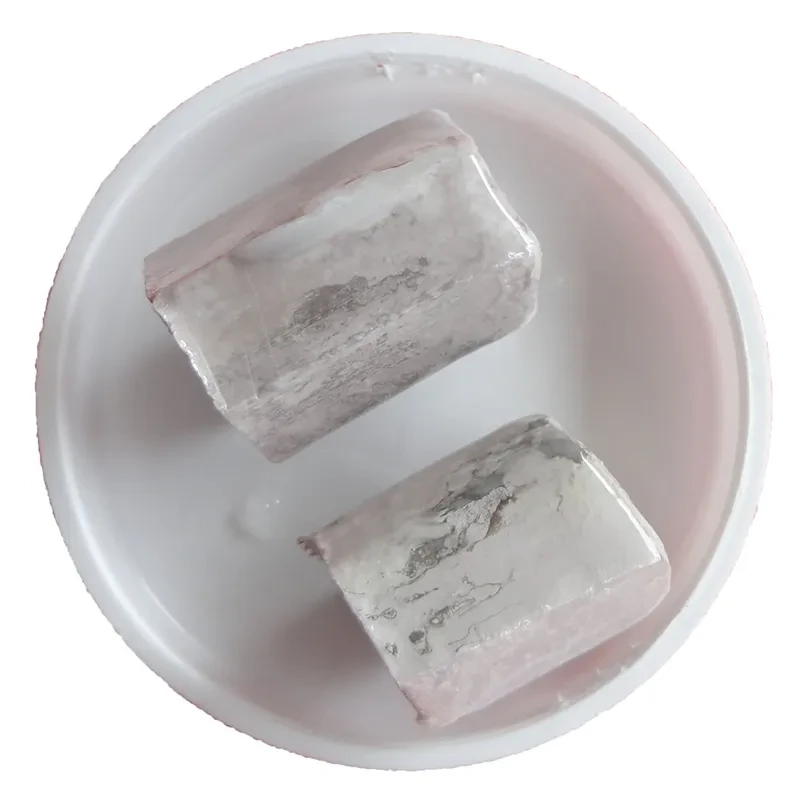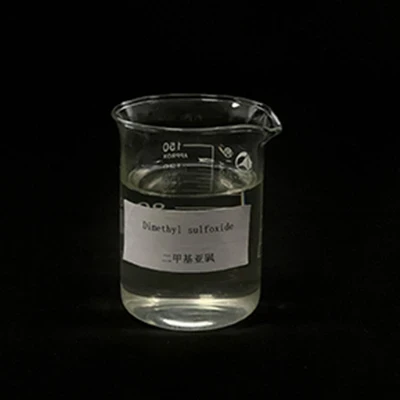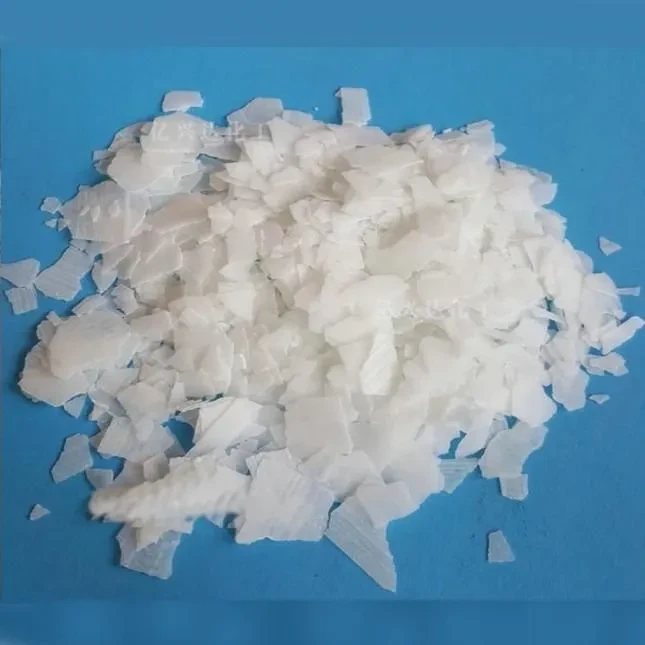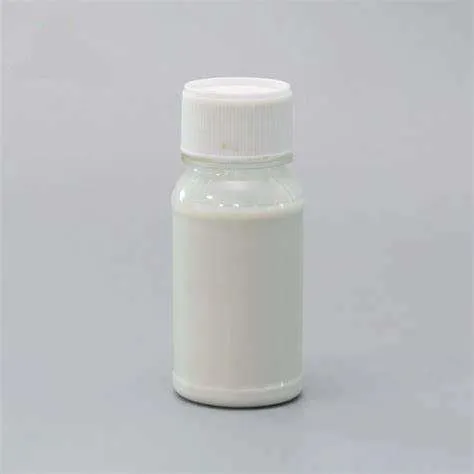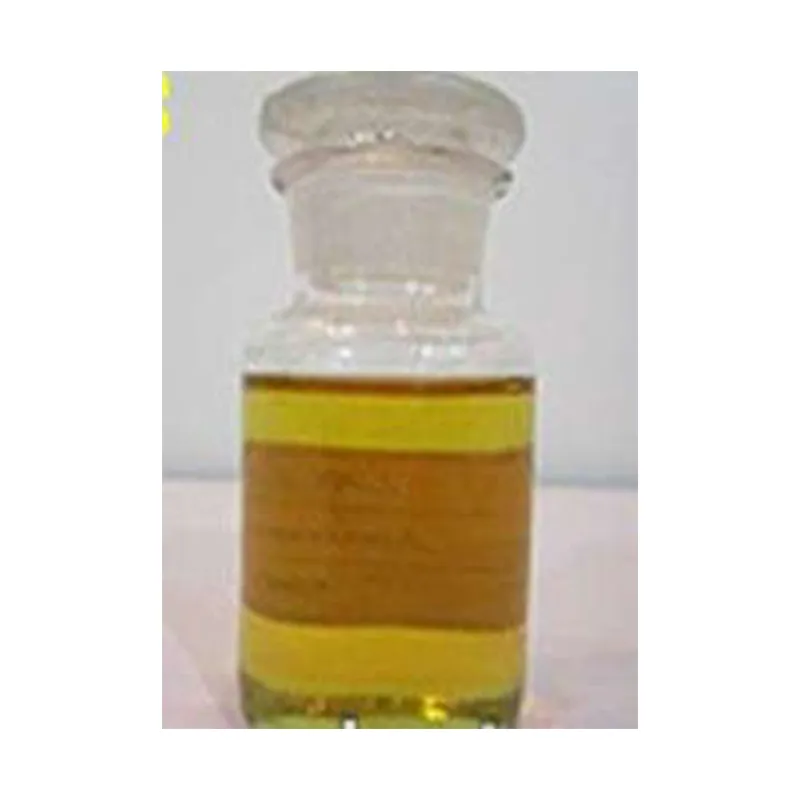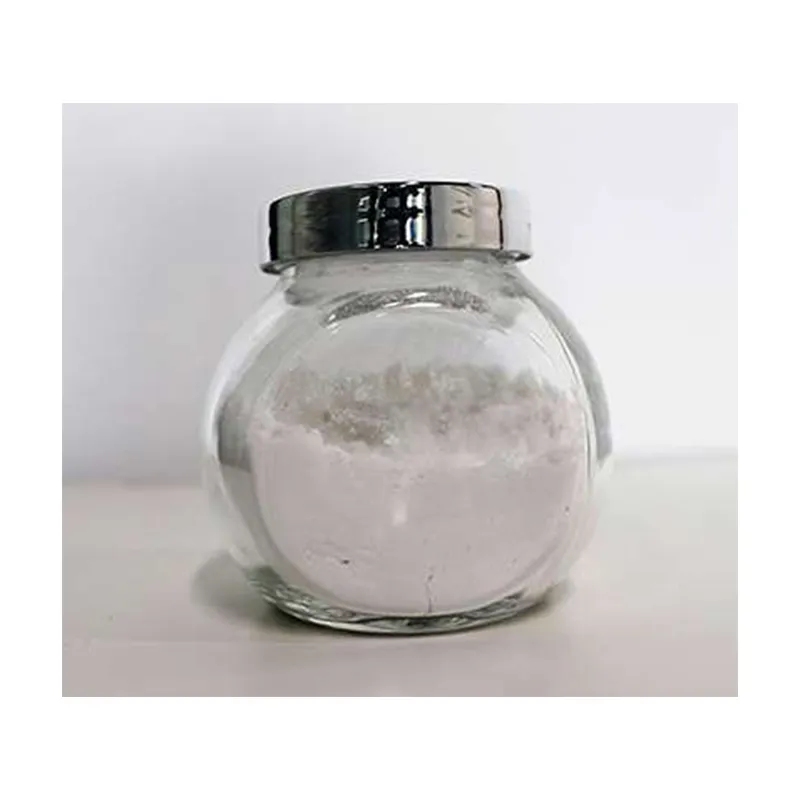N° CAS : 178928-70-6
Formule moléculaire : C14H15Cl2N3OS
Poids moléculaire : 344,26
|
Point de fusion |
139.1-144.5° |
|
Point d'ébullition |
486.7±55.0 °C(Predicted) |
|
Densité |
1.50±0.1 g/cm3(Predicted) |
|
température de stockage |
Inert atmosphere, Room Temperature |
|
solubilité |
DMSO (légèrement), méthanol (légèrement) |
|
pka |
6,9 (à 25 ℃) |
|
formulaire |
Solide |
|
couleur |
Blanc à jaune clair |
|
Symbole (SGH) |
|
|
Mot d'avertissement |
Avertissement |
|
Codes de danger |
|
|
RIDDAR |
UN3077 9/PG 3 |
|
Code SH |
2933998090 |
Prothioconazole is a triazolinethione derivative, which can be used as a fungicide in order to inhibit the activity of demethylase enzyme. It can be used in the treatment of infection in crops like wheat, caused by Mycosphaerella graminicola, a plant-pathogenic fungus.
Prothioconazole is widely used in agriculture as a fungicide. Its purpose in this field is to control fungal diseases in crops such as cereals, fruits, and vegetables. The mechanism of action of Prothioconazole involves inhibiting the biosynthesis of ergosterol, an essential component of fungal cell membranes. By disrupting the production of ergosterol, Prothioconazole effectively prevents the growth and reproduction of fungi, thus protecting crops from fungal infections.
Le prothioconazole est principalement utilisé sur les céréales, le soja, les oléagineux, le riz, les arachides, les betteraves sucrières et les légumes, grâce à son large spectre d'activité fongicide. Il présente une excellente efficacité contre la quasi-totalité des maladies fongiques des céréales. Il peut être utilisé en pulvérisation foliaire et en traitement des semences.



